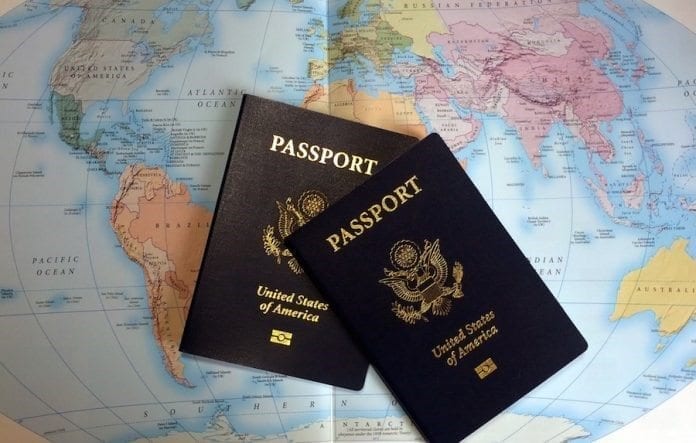Four basic points that I wish I had known when jetting off on my first international trip.
For all the people out there who are weighing the pros and cons of international travel, my advice is to stop thinking about it and start planning. The emotional payoff is huge, one which you will continue to reminisce over for years to come.
1) Planning — Suit Your Schedule
The rule of thumb when planning an international trip should start with three basic questions ‘Where am I going’, ‘When am I going’ and ‘How long am I going for’.
Answering such questions is a strong foundation to the start of any trip. Before booking (https://www.theguardian.com/travel/2010/aug/21/gap-year-planning-insurance-health) the first random flights you come across, sit down and have a think about the sort of trip that would suit you. Imagine yourself in the middle of your ideal trip. Where are you? You might be in a nightlife city like New York, a coastal town in Ireland, skiing in Canada or biking in Spain.
Next decide when you are going, what season or time of year suits you best to travel? If there are restrictions on when you can travel due to work or family commitments use this to your advantage. If you can only travel in winter, then a coastal town in Ireland may not be the best holiday, but it’s the perfect time of year to hit the slopes in Canada.
2) Preparation – However Boring It May Be
Passport
First on the preparation list is a passport, if you don’t already have one. In some countries, it can take days to obtain a passport, in others, it can take months. Always ensure that your passport is valid from your departure right through until six months past your trip.
A useful tip is to make copies of everything including passports, travel documents and insurance printouts and leave them with a trustworthy friend. Backing copies up online is also useful, allowing you access to any information should you have it lost or stolen throughout your trip.
Visas
Until you have decided where you want to go this is not very important, however, once you have narrowed it down, check government websites to see what is required. Some countries require international travellers to have a visa and if this is the case you will not be allowed pass through customs without one. Like the passport, they can take weeks or months to obtain, so this should be organized early in the preparation stage.
Insurance
Inquire with your insurance company how you are covered when touring out of the country. Some mobile phone companies offer coverage when contracts are made, as do credit card companies. Have an idea of the activities you would like to do. Many insurance companies won’t cover outdoor activities such as skydiving. If this is the case, buy travel insurance.
3) Budgeting and Saving
Travelling costs money, one way or another especially extended international trips.
It’s useful to know what you are getting into and having a ballpark figure of how much money you will need. For example, there’s a big difference between backpacking in Europe in hostels and staying in a top-quality all-inclusive resort. Sidenote: if you’re going the resort route, and you don’t have a family, don’t stay at a family all-inclusive. You will regret that decision. Another pro tip—don’t be scared off by hostels. Most are quite pleasant.
The most expensive part of any international trip is flights and accommodations. A quick search of flights on Sky Scanner and accommodations on Trip Advisor should give you a rough idea of where to start on your budget.
Average daily costs should be next on your list, and a useful travel guide is Budget Your Trip, where you can access average costs based on different countries and travelling styles. As with all trips, allow some room for unexpected expenses in case you accidentally spend 8 Euro on a pint in Dublin or 7 Krona on a coffee in Iceland. There are many ways to save money and different saving styles work for different people.
The three main styles are:
– Put away a part of your monthly wage, until you have reached your financial goal
– Put your life on hold and save as much money as you possibly can to reach your budget goals in a quicker time frame.
– Take out a loan and worry about it when you get back (Not recommended but a popular choice for many brave travelers).
Obviously, Option A is the recommended method, but some people feel more comfortable going with Option B. It really depends on the personality of the person.
4) Communication
Learning the basics of communicating is essential for international travel, particularly if you are travelling on your own.
Of course, it’s difficult to speak fluently in several different languages but knowing how to count to ten or simply ‘yes and no’ is very important. Eating out can become tricky if menus are in a language you do not understand and that can make for difficult relationships with international waiters and waitresses.
In situations like this, knowing how to say please and thank you can go a long way.




